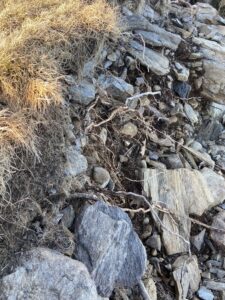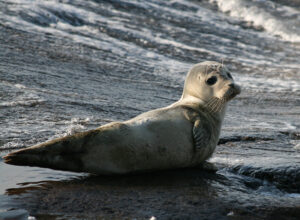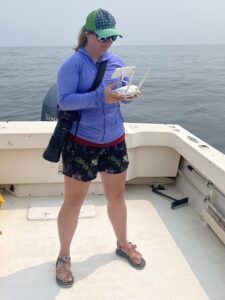New Tagging Method Provides Bioadhesive Interface for Marine Sensors on Diverse, Soft, and Fragile Species
Woods Hole Oceanographic InstitutionNewly developed bioadhesive sensors (BIMS) are effective and less invasive than traditional tagging. Scientists can attach them with a thin layer of dried-hydrogel in less than 20 seconds.































20240326113011.png&width=400&height=400)












